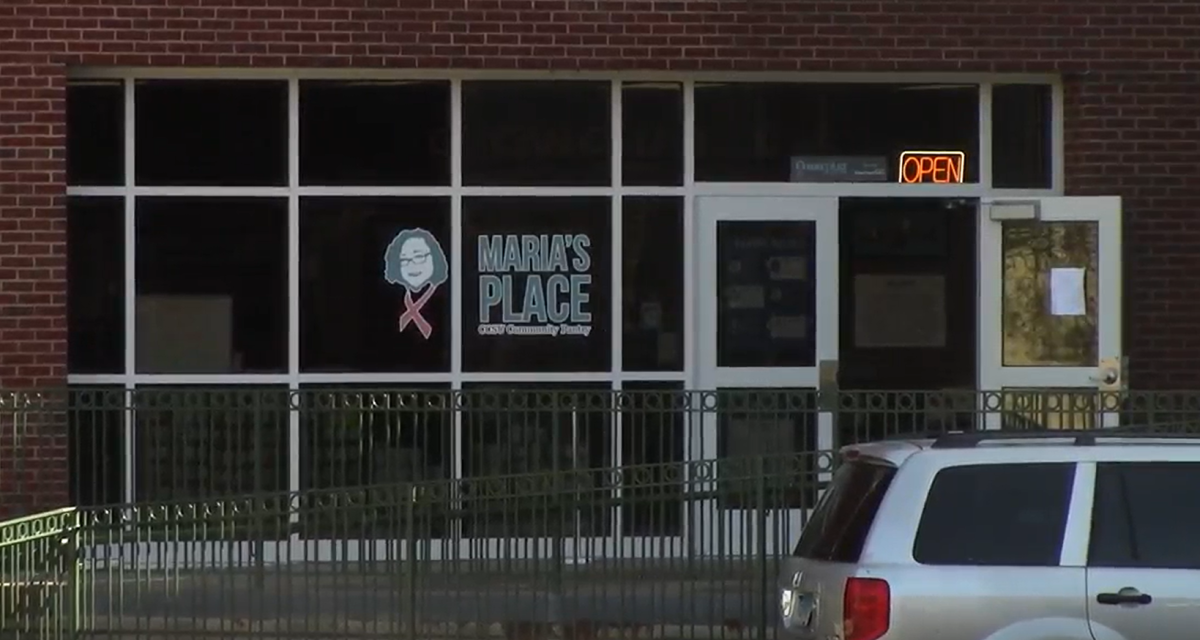Matt Kiernan / News Editor
In the field of science, women are not taken seriously. Speaker, author and science education consultant Sheila Tobias discussed how this stigma has changed over the years.
The lecture held in the Philbrick room near the Women Studies department, gave Tobias a chance to delve into the obstacles she believes many women encounter while studying for an education. She eventually came to Wesleyan University to help change how women were treated while gaining an education in science.
For many years the train of thought in the field of science has been that in order to excel in science, students needed to have had a strong interest in the subject since a young age.
Tobias said, “It’s not about women or sexes but about people in general and their early entry.”
She says that when people excel in science, they often have a special “smartness” about them that other people might not have. The stigma is that once they being their scientific studies, they begin to have a one-track mind about it because they’re not able to accomplish anything else in their lives besides their studies.
Tobias said that before the women’s movement, women were hesitant to take higher levels of science because they thought they had been given weak math courses even though they had done well with their grades.
When Tobias arrived at Wesleyan University in 1970 there were only seven women out of 238 faculty members and when she became Associate Provost she felt it was her job to make things easier for women to enter the school.
“Theoretically if a girl asks for a chemistry set, she may still not get one,” said Tobias. Many parents are embarrassed if a child of theirs is a girl and she’s interested in science.
“We can’t judge tomorrow’s scientist by judging her on her elementary period,” said Tobias.
She thinks that society finds it all right for people to have different interests if they study history or of liberal arts and also be interested in geology, but it’s not all right to have multiple interests when people study a science. This can shut women out from studying in the field because they have to worry about raising children and supporting a family, which can be time consuming.
Many women signed their names with initials so they wouldn’t be treated differently. When surveyed for if they faced discrimination they said no to carve a path for themselves in science.
After the movement, women raised questions about secondary classing and occupational segregation. One of the advancements in creating equality is the change in the Rhodes scholarship so that women are allowed to participate in gaining the scholarship, which for many years hadn’t been the case.
Tobias believes that post-industrialization has helped to create less segregation and that if people do segregate women from science, it could lead to many scientific questions not being explored.



